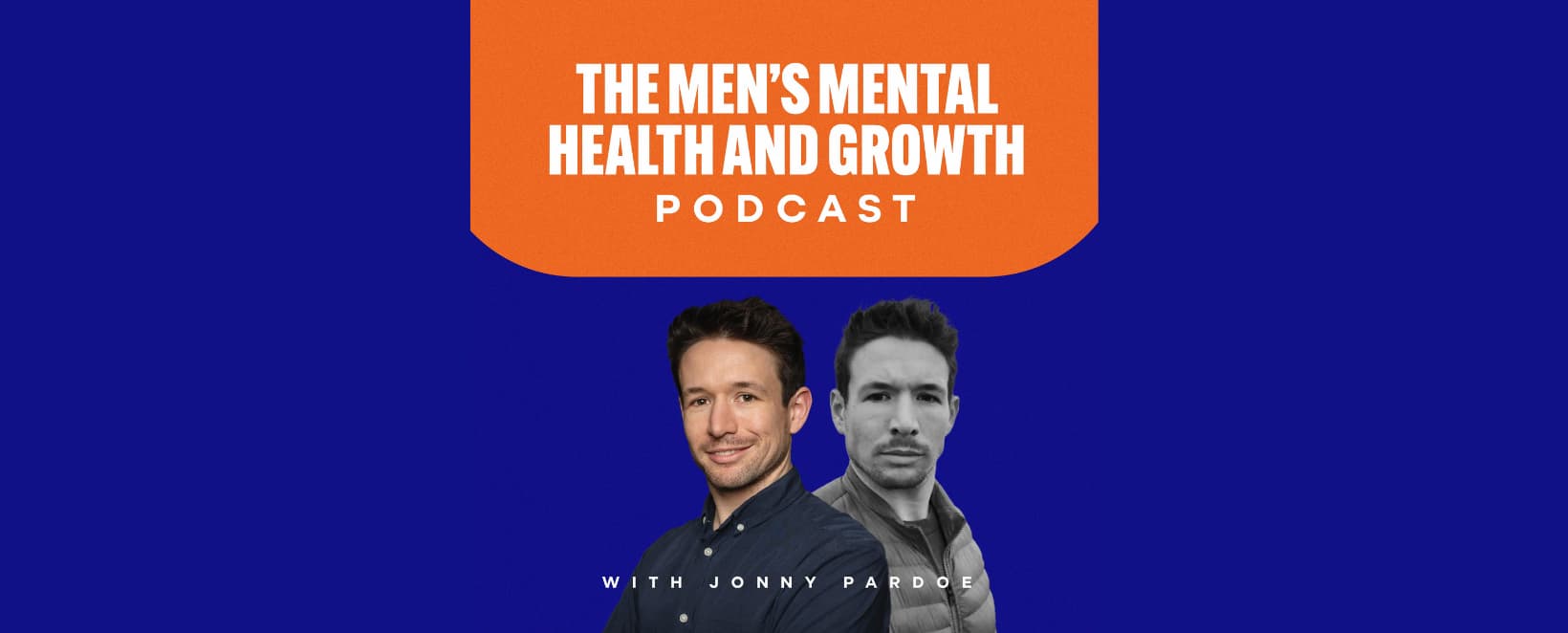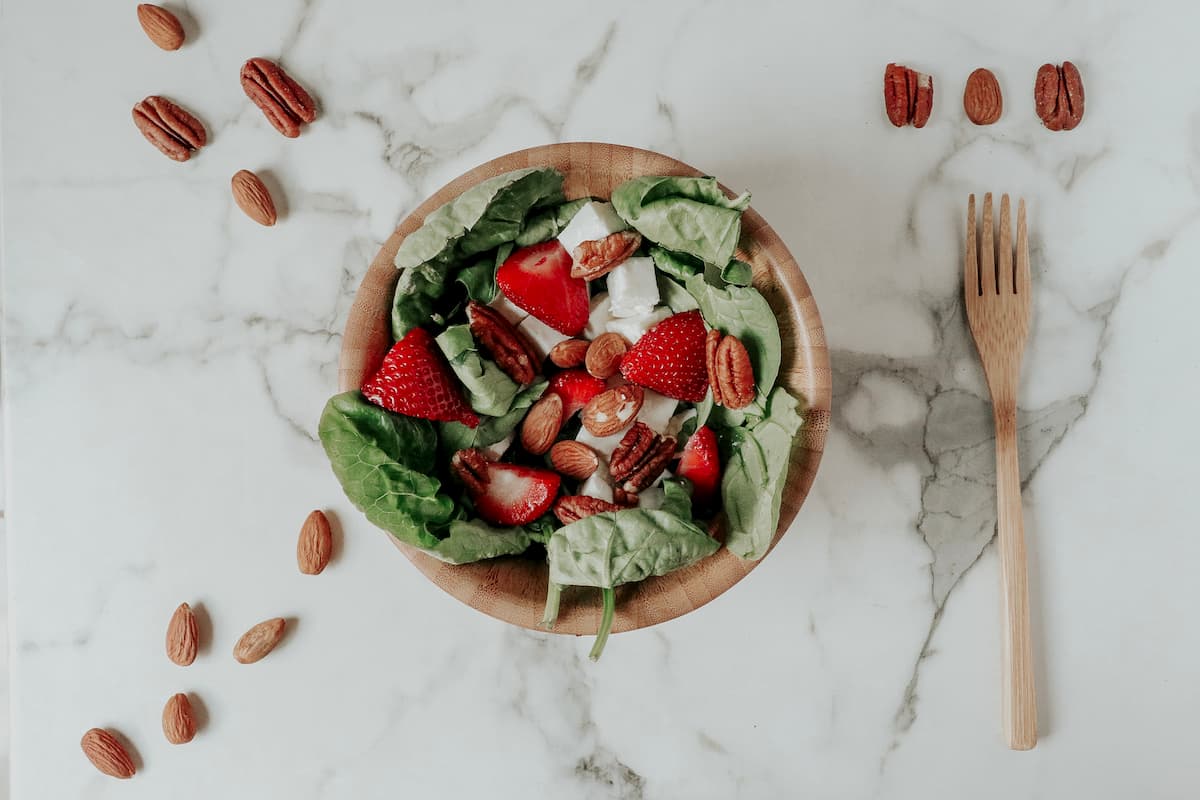As we reach the Christmas, I find myself busier than ever, as I’m sure we all are. So many thoughts in my head: getting my blog done, setting up my business, finishing my latest book, sorting out social events and much more. I feel however that I am in a better place than previous months and have introduced a number of habits to make me feel better. To be able to get on top of things I have taken a stronger self-care approach and focused on things that make me feel good. One of the significant areas in achieving this, is diet; I have found that what I eat not only can help physical health but my mental and emotional health too, and this is today’s blog focus. I am not saying go completely 100% organic food all the time but trying to explore the idea of what you eat may be having more of an impact on you than you think.
Diet – physical health and mental health
If you gave a top athlete a training regime but a poorly planned nutritional program, would they perform as well as an athlete on a good diet? Hopefully you answered no to that question. The athlete could train for their sport, but the exercise would only take them so far. Now actually there is a debate about the right kind of diet to enable athletes to reach peak performance and I’d highly recommend watching Game Changers on Netflix for more information about this.
It’s actually the same for mental focus or for emotional health. Think about yourself or about someone who has had too much sugar. Were they able to sit down and concentrate? Were they able to perform to the best of their ability?
Think about a time when you perhaps ate some fast food or an unhealthy meal. Were you feeling as good about yourself? Did you feel switched on? Then compare with eating something like a salad.
There are two points I am going to explore about the impact of diet on mental health:
- Deficiencies
- Sensitivities
I am not going to go into too much detail about the biochemistry of this, but I’m going to talk about some of the key points of both. You can have all the right psychology in place (meditations, affirmations, visualisation) but if you don’t eat enough of the right things or eat the wrong things then you are always limiting yourself. In particular I have learnt so much about this from Ben Angel’s book and course ‘Unstoppable’.
Deficiencies
When I talk about deficiencies, I am talking about the body not getting enough of a certain source. This can have an impact on physical activity but also on your mental health. I follow a vegan diet, which has many benefits, but, however, not eating meat and dairy (which does me good), means that I have to make sure the good vitamins and nutrients which are in these sources, come from elsewhere in my diet.
Some of the key things that you must be sure to have enough of, are: Vitamin B, Vitamin D, Serotonin, Dopamine and Magnesium. These all play different roles in the body for physical and mental health but neglecting one or more of these sources can lead to issues such as depression, anxiety, stress, fatigue as well as a range of other physical symptoms.
So, what are good food sources for these? I have stated some options below:
- Vitamin B – meats, fish, legumes, leafy greens, eggs, soya milk
- Vitamin D – fatty fish, some meats, supplements
- Serotonin – spinach, seeds, salmon, Tofu, pineapple
- Dopamine – meat, eggs, dairy, soy and legumes
- Magnesium – leafy vegetables, whole grains, nuts, beans
- Zinc – tofu, spinach, yoghurt, nuts, eggs
These are not the only sources but just to name a few.
Sensitivities
It’s impossible to tell what you, as the reader, are sensitive to; unfortunately, it’s quite difficult for a person to understand what they may be sensitive to, in terms of food and drink sources. The main point with sensitivities is that some things can trigger off negative emotions, such as anxiety, depression or stress.
I used to know a guy in a previous job who had 6-7 coffees a day, was calm and could sleep well at night. I know people who can have a high caffeine tea just before bed and sleep well. If I have more than one coffee a day or anything past midday, I experience some bad emotions and often struggle to sleep! So again, we are all different. In fact even after one coffee a day I can feel on edge, so I’m on another habit challenge to give up coffee at the moment.
There are certain sources that can cause brain fog (where we can’t think as clearly) or mean that we can’t stay calm. These will vary from person to person, but some sensitivities may include:
- Caffeine
- Coffee
- Alcohol
- Chocolate / sugar
- Gluten
Sadly, it may mean for some people who find that they are sensitive to certain foods or drink, that they need to give them up or find an alternative. This may be hard, but the benefit is better mental health.
My findings
So, by noting what I am eating, how I feel after eating foods and taking some blood tests, I have begun to form an understanding of what may affect me. I wanted to share some of these with you:
- High sugar – when I eat non 85% dark chocolate with a high sugar content, I am much more likely to feel anxious, negative and worried about things.
- Low vitamin D – when I was feeling down, I found that my Vitamin D was not as high as it could be. Probably from a lack of sun in the country but also my vegan diet was deficient in it.
- Caffeine – as mentioned. When I have more than one intake of caffeine, I can get brain fog and become more anxious or stressed.
- Alcohol – unfortunately the uni student in me never really left, I love a good social event with a few drinks. When I’ve had a drink too many, however, despite the excitement and thrill of the night out, the next day I struggle physically, I can’t concentrate on anything and also, emotionally, I experience my worst feelings. Sometimes the anxiety and depression are so great that takes me a couple of days to recover fully before I revert to the best version of myself again.
- Magnesium – when I take this before bed, I am able to fall into deeper dreams and sleep as a result.
What should you do if you’re worried?
So, if you are not feeling your best, despite trying psychological methods, I would recommend the following:
- Speak to a nutritional therapist or GP about experiences and your diet.
- Take blood tests to check your levels of intake. Thrivia is a company in the UK that I highly recommend, with easy to do tests where you take blood samples, they process them and then send back the results on your possible deficiencies.
- Food sensitivity tests can be helpful too. These can look at what may be triggering certain emotions.
Of course, the above are going to cost a bit of money. The nutritional therapist may be a good starting point though, as they will give you a recommendation of what tests / actions you may want to take before you start dishing out on loads more.
A great cheap option is to journal, how you feel after certain foods and then proceed by trial and error.
For example, ‘I felt a bit uneasy after that cup of coffee this morning, I wonder what I will feel like if I do without it?’ Then not having it for a few days, journal how you feel.
(Note: If it was several cups of coffee a day, I would not recommend going cold turkey completely but cut down gradually).
Conclusion
Our diet not only plays an important role in our physical health but can also play a significant role in our mental health too. It may be a case of having deficiency in certain sources but also sensitivities to some foods/drink. Sensitivities can be difficult to pinpoint but by journaling, through trial and error and potential tests, you can increase your awareness of what may or may not be suitable to eat/drink.
Do enjoy your Christmas holidays, but just be conscious that if something can cause you bad emotions, maybe cut down or avoid it. I look forward to creating more blogs and content for 2020.
Photo by Gladys Aguayo on Unsplash
Jonny Pardoe © December 2019
Website:
Facebook / Instagram/ LinkedIn / YouTube / Amazon:
Jonny Pardoe



